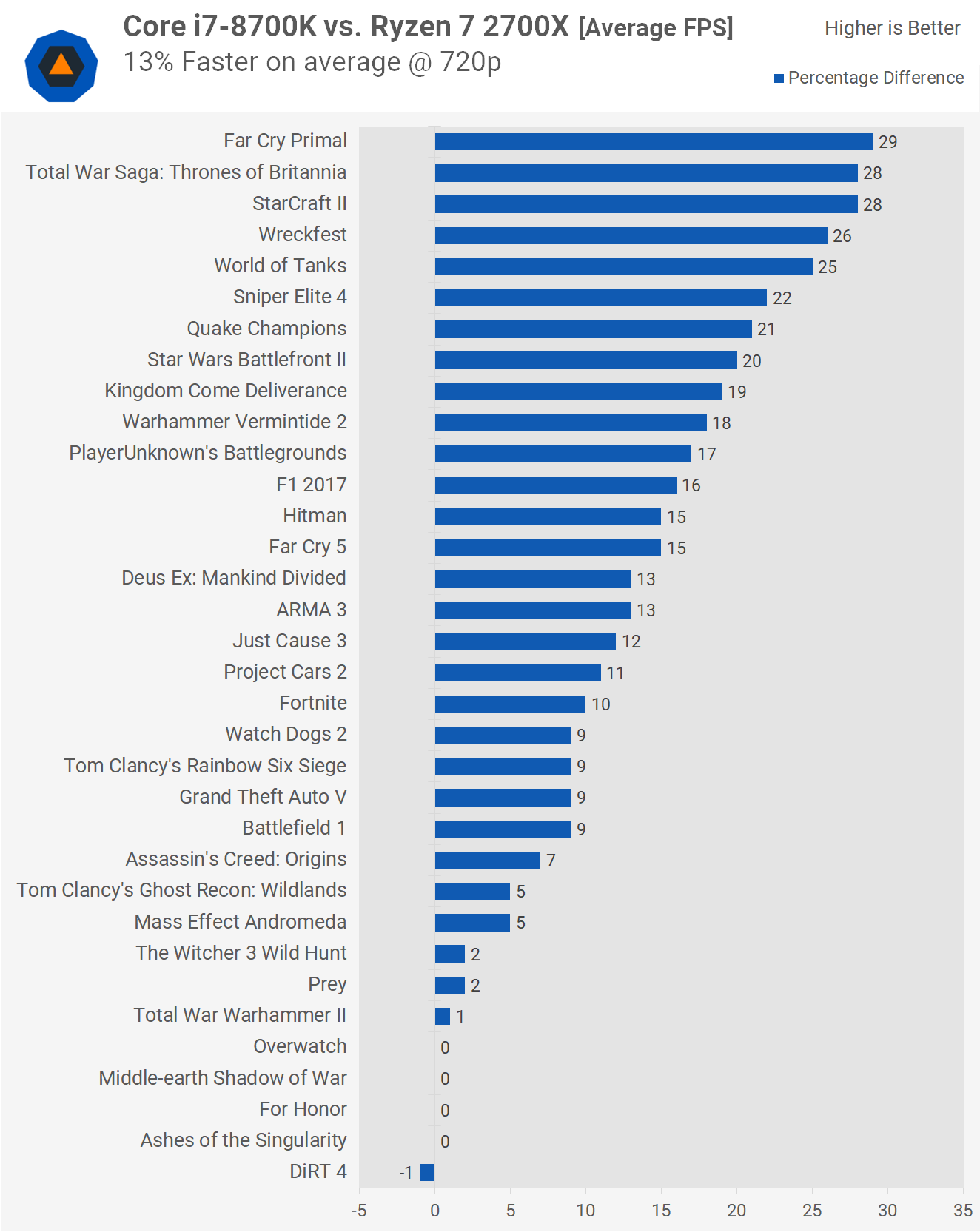Ok, so when you say "AMD CPUs", that article is referring to two particular Threadripper models as well as server Epyc models. Specifically, the 24 core and 32 core variants. The other variants of Threadripper and Ryzen were not impacted. The Threadripper 24 core variant is priced above $1,000. It's high end enthusiast, not mainstream by any means.
The article you link doesn't compare AMD and Intel single thread performance.
Hardware unboxed locked an 8700K and a 2600X to 4ghz to compare IPC.
Intel's mainstream CPUs up to the 9900K, Intel use a ringbus network between cores. For higher core counts, it uses a mesh network (that increases latency and thus hurts IPC a bit). AMD uses Infinity Fabric. Infinity Fabric is closer to the mesh network; Intel's ringbus is faster. One thing interesting to note is that Cinebench doesn't stress the cache systems. This means it won't show AMD's weakness in accessing data across CCX modules.
AMD is still hit particularly hard in games. The video was made 1.5 years after Ryzen released, which means that the games were already ryzen patched to an extent.
This is before taking clock speed into consideration. Ryzen can only reach around 4.2 ghz. Intel can reach around 5 ghz.
There's another video comparing Ryzen 2000 series to the Skylake X processors and it fares better, but that's still when they're limited to the same 4 ghz clockspeed.
Edit: sorry, linked wrong video for 2nd link



